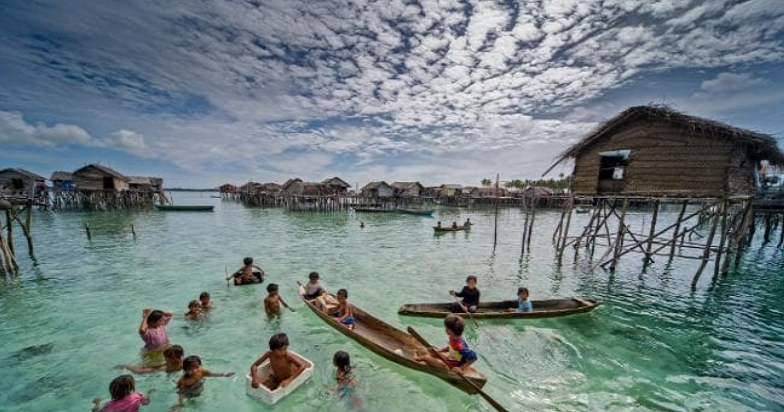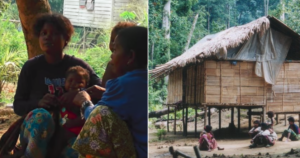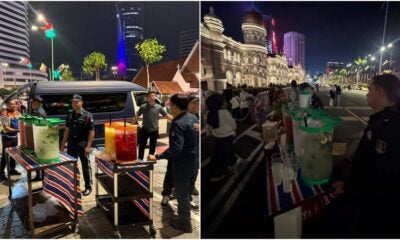The Bajau people are an ancient ethnic group indigenous to Southeast Asia, specifically the Philippines, Thailand, and Malaysia. Commonly known as the Sea Nomads, Bajau people often live by the sea and free-dive as deep as 200 metres into the ocean to hunt for fish or scavenge for items.
According to The Economist, researchers from the University of California, Berkeley, recently published a study looking at the genes of the Bajau people, and some remarkable findings were uncovered.
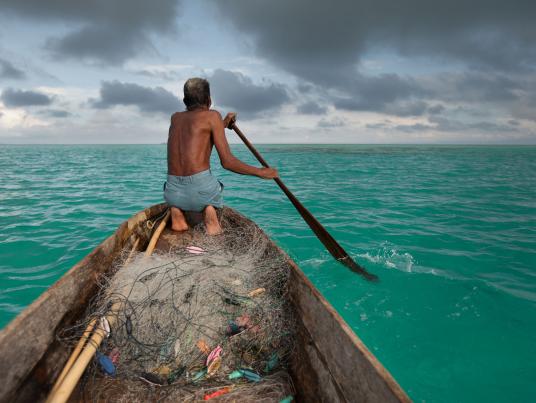
Source: national geographic
The study, which was published in the scientific journal, Cell, found that the Bajau people actually have a mutation in their DNA which give them larger spleens. This is reportedly what makes this group of people such good divers, as they can last for an average of 13 minutes underwater and dive hundreds of metres deep, while most people can only hold their breath underwater for just a few seconds!
What’s even more interesting is that underwater animals like seals also have large spleens. The study’s chief researcher, Melissa Llardo, said that natural selection would have helped the Bajau people adapt better to diving underwater after living by the ocean for the past thousand years.
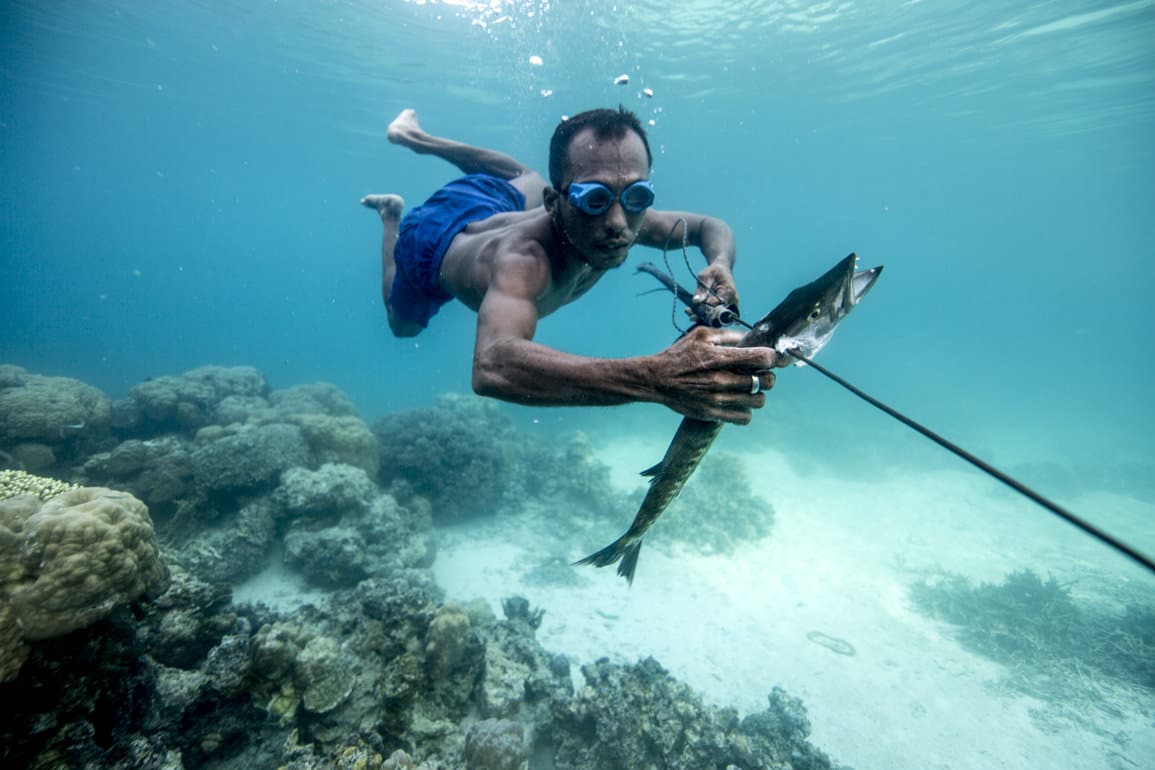
Source: james morgan
On top of that, Llardo also told National Geographic that the Bajau people could be the key to understanding the medical condition called hypoxia, where sufferers rapidly lose oxygen and can die as a result.
Diving underwater causes a response similar to hypoxia, and since the Bajau people have been proven to last way longer underwater than other groups, there could be some answers waiting to be discovered.
Well, guess it’s officially proven that Bajau people are naturally better swimmers and divers than the rest of us!
Also read: This New Language Was Just Discovered in M’sia and Only 280 People Speak It

